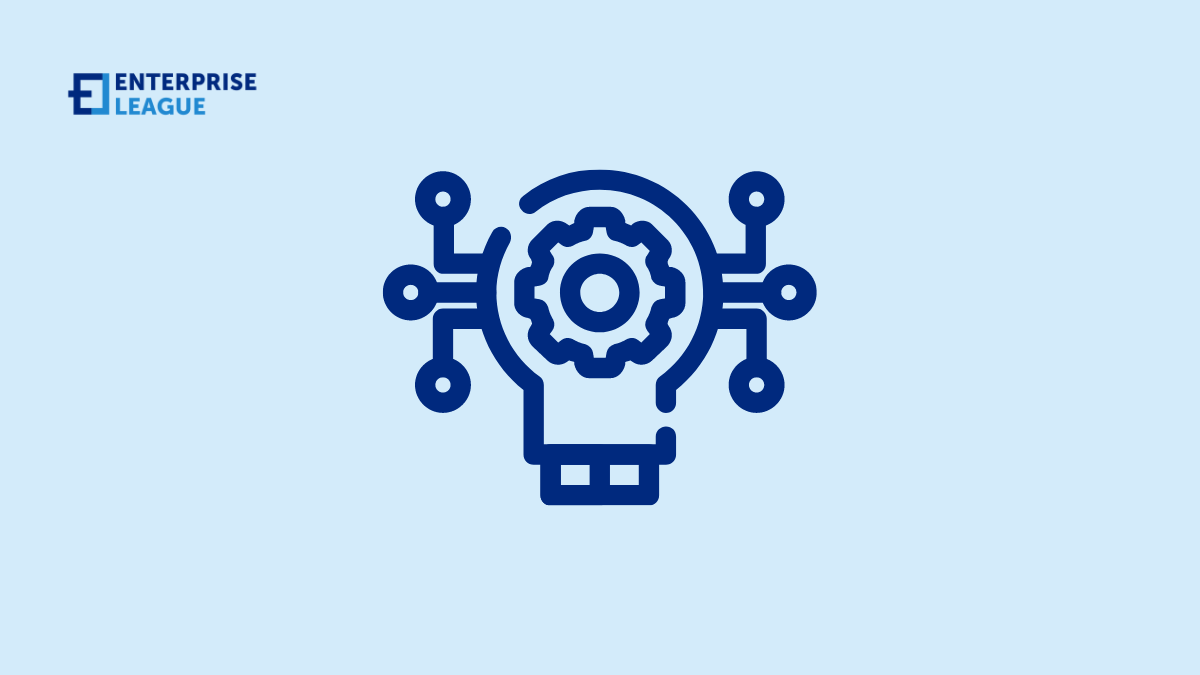Have you ever wondered how some technologies can change our world? They appear unnoticed, occupy narrow niches, and become so popular that we cannot imagine life without them. Therefore, whether you are an entrepreneur or a student, it is essential to follow this dynamic development. To understand what profession will be relevant in the future, you need to know what technologies will develop.
In this article, we’ll go through disruptive technologies, examining what they are, how they differ from other technological advances, and why some innovations become revolutionary. We’ll also highlight amazing examples that have changed industries and created entirely new ones.
What are disruptive technologies?
Not all new technologies are disruptive, and Christensen distinguished two types of technologies: supporting and disruptive. Enabling technologies are minor improvements to existing solutions. An example could be a new fixed-line telephone service that improves an existing one but only creates something new. Breakthrough technologies are a completely different page of history. Here, a new player appears who focuses on the lower segment of the market, which is not of interest to large players due to the low possible profitability.
This allows disruptive companies to reach customers ignored by more prominent players and establish themselves in the industry. Students commonly receive the task of conducting research on this topic and presenting their thoughts regarding current trends in technology. If you don’t have enough time, searching “write my essay” online can easily find professionals who will cover the topic in the best way.
Some examples of disruptive technologies
You know the technologies we presented in our article and perhaps use them in your studies, everyday life, or business. Let’s look at the list of breakthrough technologies that, one way or another, have left their mark on the history of our society.
Smartphones
Smartphones have revolutionized the mobile phone market by combining the functions of phones, computers, and handheld cameras into one device. They have changed the way we communicate, work, and play, becoming an indispensable tool in everyday life. Millions of people around the world now use examples such as iPhone and Android devices. This example of breakthrough technologies is always the first to come to mind because today it is difficult to imagine our life without a smartphone because now our whole life is in it.
Electric vehicles
Electric vehicles (EVs) have changed the automotive industry by offering an environmentally friendly alternative to traditional gasoline vehicles. Tesla has become a Prometheus in this area, demonstrating that electric cars can be both environmentally friendly and stylish. They help reduce carbon emissions and dependence on fossil fuels, which are already becoming increasingly scarce. Even though electric cars are considered suitable for the environment, some scientists argue that their production has a much worse impact on the planet, but that is an entirely different story.
3D printing
This technology has revolutionized manufacturing, making it possible to create complex parts and products from various materials on-site. It significantly reduced the cost and time of production, opening up new possibilities in medicine, construction, and even fashion. An example is the company MakerBot, which popularized using 3D printers at home. Even for children, toy 3D printers are actively used, positively affecting imagination development.
Blockchain
Courses and articles about this innovative breakthrough fill social media. Blockchain is the distributed ledger technology behind cryptocurrencies such as Bitcoin. It provides a decentralized, secure, and transparent record-keeping system. This technology has applications not only in the financial sector but also in supply chain management, healthcare, and even voting. With its help, it is easier to reduce the risks of fraud.
Artificial Intelligence (AI)
When discussing AI, we immediately want to consider The Matrix or Will Smith. AI has transformed many industries, from healthcare to marketing. Machine learning and neural network technologies make it possible to create systems that can analyze vast amounts of data, predict results, and even perform creative tasks. Examples include virtual assistants such as Siri and Alexa, which have become part of everyday life. There are already dozens of artificially created blogger avatars on Instagram that have amassed thousands of followers and charge huge checks for advertising.
Genome editing (CRISPR)
CRISPR/Cas9 technology has revolutionized the field of genetics, allowing scientists to edit DNA precisely and efficiently. This opens up new possibilities in treating genetic diseases, improving crops, and even fighting infectious diseases. The possibilities of this technology are endless and have the potential to revolutionize medicine and biology. Some people are already trying to improve the genetics of their future children using this technology. There are a lot of negative examples in cinema of how this affects our planet, but we control our future.
Virtual and augmented reality (VR/AR)
You may have experienced virtual reality (VR) and augmented reality (AR) technologies as they revolutionize entertainment, education, and industrial training. VR allows you to be completely immersed in digital worlds, while AR overlays digital information onto the real world. Examples include the Oculus Rift for gaming and education and AR apps for engineering and design, such as Microsoft’s HoloLens. Universities around the world are already using technology to educate students.
Internet of Things (IoT)
The Internet of Things (IoT) is a transformative technology enabling smart, interconnected environments. IoT networks allow devices to communicate and share data, unlocking new levels of automation, optimization, and convenience. Smart home technologies like Nest thermostats and Philips Hue lighting exemplify IoT applications, streamlining daily tasks and enhancing efficiency. As IoT continues advancing, these technologies are poised to become as ubiquitous as smartphones, with the average household adopting a variety of smart, connected devices. Fundamentally, IoT represents a shift in how we interact with the physical world, seamlessly integrating digital capabilities to unlock innovation across residential, commercial, and industrial domains.
Conclusion
Disruptive technologies such as artificial intelligence, blockchain, 3D printing, or virtual/augmented reality radically change our world. They drive innovation in medicine, agriculture, industry, and everyday life, creating new opportunities and increasing efficiency. We must watch these technologies to understand their potential and prepare for the changes they bring. These technologies improve lives and open the door to future breakthroughs. Students are at the forefront of breakthrough technology shows as they regularly research and follow development trends.
More must-read stories from Enterprise League:
- Learn how to deal with rude customers in a creative way.
- A step-by-step guide to teach you how to write a business essay.
- Unique and creative guerrilla marketing ideas for small businesses.
- Smart ways to enhance the efficiency of your business.
- Key factors in determining salary increases for your employees.
Related Articles
Where Can I Buy Industrial Cleaning Chemicals Online
Cleanliness is essential in any organization. However, some facilities require more than spotless surfaces for workplace safety, compliance and liability mitigation. Industrial cleaning chemicals are necessary for sanitation and disinfection. These specialized...
Pros and Cons of Working Remotely as an Essay Writer
The pandemic totally flipped everything upside down, right? Suddenly, like, millions of people had to figure out this whole work-from-home thing. But essay writers? They've kinda been doing this forever. Coffee shops, couches, random hotel rooms - they were the...
Who Are the Top-Rated Garage Door Professionals in Charleston – 8 Options for Homeowners
Garage doors are essential for businesses with vehicles or inventory, helping prevent theft and improve insulation. Plus, their appearance can contribute to the business's image and reputation. That said, it's important to find the right professionals who can supply...
Where Can I Buy Industrial Cleaning Chemicals Online
Cleanliness is essential in any organization. However, some facilities require more than spotless surfaces for workplace safety, compliance and liability mitigation. Industrial cleaning chemicals are necessary for sanitation and disinfection. These specialized...
Pros and Cons of Working Remotely as an Essay Writer
The pandemic totally flipped everything upside down, right? Suddenly, like, millions of people had to figure out this whole work-from-home thing. But essay writers? They've kinda been doing this forever. Coffee shops, couches, random hotel rooms - they were the...






